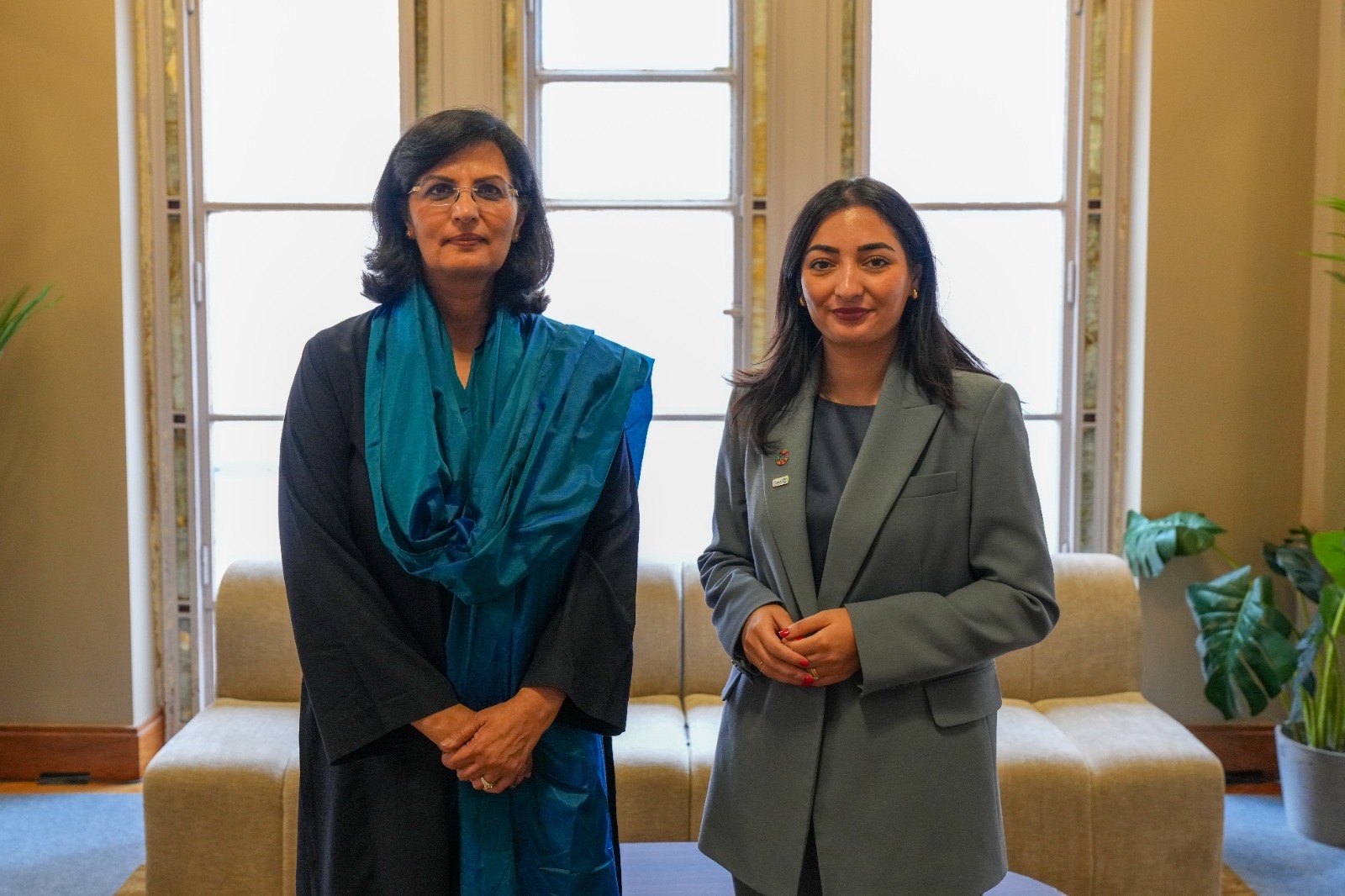Replenishment conference Germany remains reliable partner in the fight against global diseases
From left: Sania Nishtar, Executive Director of Gavi, the Vaccine Alliance and German Development Minister Reem Alabali Radovan at the Replenishment Conference in Brussels
Development Minister Reem Alabali Radovan said, “Even if other countries are retreating into 'Our nation first' policies, Germany will continue to support global efforts to protect people from diseases. This is not only a matter of humanity, with a view to preventing illness and suffering. It is also economically wise and prudent. Vaccines are the most efficient way to save lives and prevent global pandemics. Diseases do not stop at the border. This means that it takes international cooperation to fight them. Each euro we spend on prevention today will save us many euros tomorrow in money spent on treating diseases or even fighting pandemics.”
Gavi, the Vaccine Alliance, was launched in 2000. It unites public and private donors. Today, over 50 government representatives, including 13 heads of state and government, and representatives of international organisations and foundations will be coming together. The purpose of Gavi is to provide vaccines against diseases such as malaria, measles, HPV, cholera and polio in low-income countries.
Since Gavi was founded, it has helped to provide immunisation for far over one billion children, saving an estimated nearly 20 million lives. Its target for the coming years is to vaccinate another half a billion children, again saving almost ten million human lives.
This year's conference is overshadowed by the debate about the future development activities of the United States, which had previously been the biggest donor for global health and has announced that it will withdraw from this field.
This makes it all the more important that support is provided to the countries of the Global South as they work to become more independent in their immunisation programmes. This relates both to vaccine production and to aspects such as supply chains, medical knowledge and equipment. Since Gavi was started 25 years ago, 19 countries have already built their capacity so successfully that they are now able to run their immunisation programmes on their own. India and Indonesia, for example, are now assisting other countries and are strong partners when it comes to making available innovations and products.
In the future, Gavi wants to work even more closely with other major health initiatives such as the Global Fund to Fight AIDS, Tuberculosis and Malaria and the Global Polio Eradication Initiative (GPEI).
The BMZ supports this readjustment of the global health system, which is geared towards simplifying processes and running unified programmes at the country level. The idea is, for example, to provide advice on other health matters, too, when families come in for vaccinations, and to give them mosquito nets, so they will not need to make appointments at multiple places for these things.
